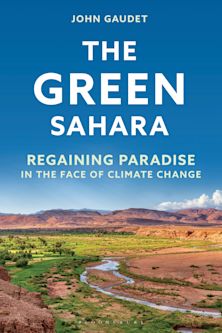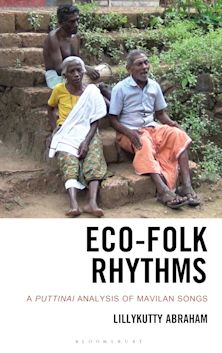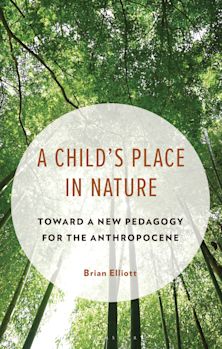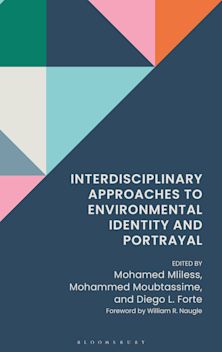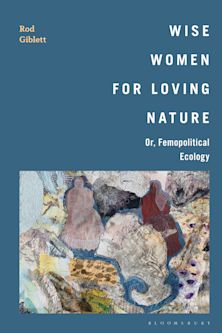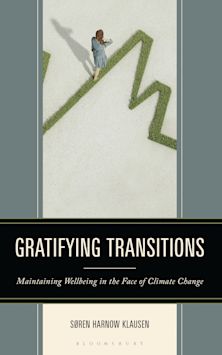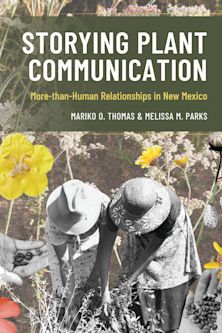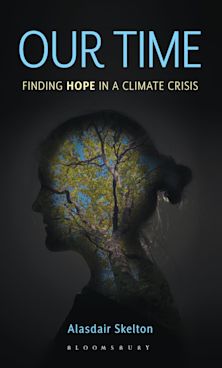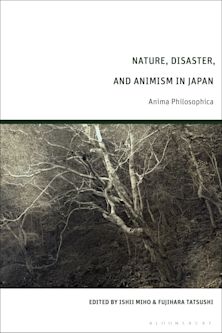- Home
- ACADEMIC
- Environmental Studies
- Available to Be Poisoned
Available to Be Poisoned
Toxicity as a Form of Life
Available to Be Poisoned
Toxicity as a Form of Life
You must sign in to add this item to your wishlist. Please sign in or create an account
Description
In Available to Be Poisoned: Toxicity as a Form of Life, Dipali Mathur contends that the saturation of the planet with toxic chemicals marks a deliberate and violent relationship with the Earth and its "others," born of colonialism and capitalism’s entwined histories. Mathur offers the concept of "toxicity as a form of life" to signpost the normalization of toxic exposure and analyzes how states use toxicity to control populations on the fringes of our global political economy by making them available to be poisoned.
Table of Contents
Chapter 1. Living in the Toxcene: Unnatural Histories of Our Toxic Present
Chapter 2. Peddlers of Poisons: Chemical Colonialism and Precarious Lives
Chapter 3. Manufacturing Disaster: Bhopal as a Regime of Truth
Chapter 4. Ecological Death-Worlds: Pandemic Politics and Repeating the Toxic Past
Conclusion: India’s Precarious Present
Product details
| Published | 23 Sep 2022 |
|---|---|
| Format | Ebook (PDF) |
| Edition | 1st |
| Extent | 220 |
| ISBN | 9798765184448 |
| Imprint | Lexington Books |
| Series | Posthumanities and Citizenship Futures |
| Publisher | Bloomsbury Publishing |
About the contributors
Reviews
-
Available to Be Poisoned is an extraordinary book about how toxicity is an ordinary fact of life for people everywhere in the world today due to the pervasive distribution of toxic chemicals into our food, water, and air. It shows that the so-called ‘Green Revolution’ was anything but and has in fact seeded a long-term health catastrophe for India that the government seems unwilling to confront. It is an important book about a neglected topic.
Ian Buchanan, University of Wollongong
-
“Today, India is one of the most polluted countries in the world, and contamination of air, water, and bodies is only getting worse. In this outstanding and thoroughly researched work by Mathur, we encounter toxicity as a form of life in contemporary India. Mathur shows that contamination is not simply an inevitable cost of societal development but that toxic politics is now a prerequisite for maintaining inequality. This is a must-read for critical scholars of environmental justice and environmental humanities in the new, exciting series on posthumanities and citizenship futures.”
Cecilia Åsberg, Linköping University
-
Available to Be Poisoned is an insightful appreciation of the way toxicity is produced and distributed through the Indian polity across generations. Mathur grounds her analysis in events and processes that have fundamentally shaped twenty-first-century India, from the Green Revolution to the chemical disaster in Bhopal to the recent COVID-19 pandemic. This outstanding and original book is a reminder of how ecological devastation is intimately tied to enduring historical, economic, and political prejudices, which have normalized toxicity as a form of life for disadvantaged populations in the Global South.
Assa Doron, Australian National University
-
In Dipali Mathur’s startling first book, we come across another part of the world’s population sustaining neoliberal globalisation: the poisoned. It is worth saying this again: Mathur’s book brings to light how the practices of neoliberal governments—India is the case she examines but by no means the only one complicit in such practices—require the regional circulation of poisons amongst the body populace so that global flows of toxicity can be used to sustain capitalist economies. We can no longer remain blind to the fact that neoliberalism, besides creating “surplus” populations ready for various forms of “sacrifice,” also requires that living in toxic environments saturated with poisons be a regular and regulated way of life for some if others are to be made to live their (apparently) valuable lives. Being aware of the increasingly digital forms of control that make us live certain lives is one thing; being made to face up to the consequences of biopolitical control on others with respect to the normalisation of toxicity as a form of life is, and this is part of Mathur’s point, truly shocking.
Dr. Iain MacKenzie, University of Kent

ONLINE RESOURCES
Bloomsbury Collections
This book is available on Bloomsbury Collections where your library has access.













